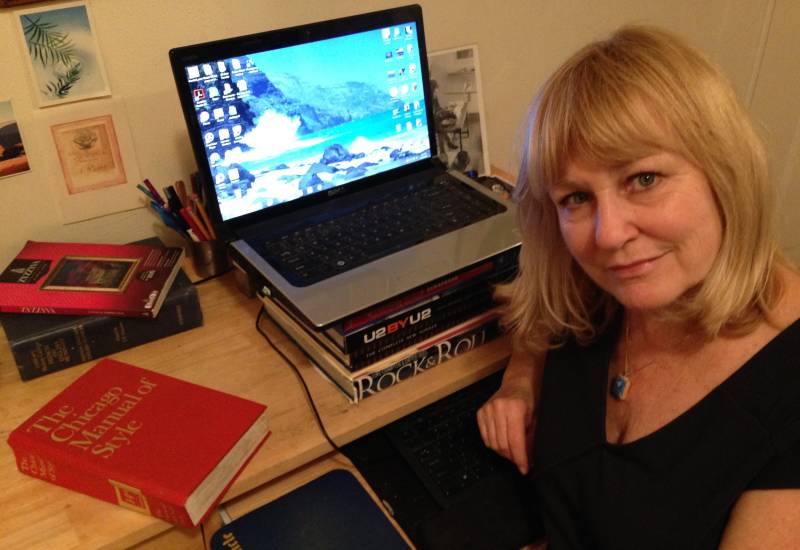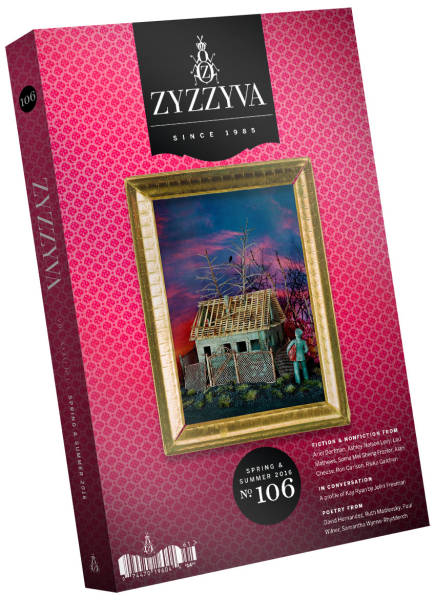‘Backstage Heroes’ is a series spotlighting the many movers and shakers working behind the arts scenes to make magic happen in the Bay Area. Guiding us is Hiya Swanhuyser, a veteran fan and all-around culture vulture who for nearly a decade helmed calendar duties for the SF Weekly — where her ‘Music Heroes’ series inspired this broader look at the arts — giving her rare personal insight into those toiling in the wings, but rarely in the spotlight.
Last month in Los Angeles, the writers’ convention known as AWP hosted 12,000 people. AWP, which oddly enough stands for the Association of Writers and Writers’ Programs, will draw as many or more again next spring in Washington, DC. Many consider the main event at AWP to be the book fair, a giant maze of stalls similar to a trade show. It’s dizzying, exhausting, and exciting. The stars here are literary magazines, publications not always familiar to the public, but which serve as the white-hot center of the universe for anyone who wants to “get published.”
One of the most important literary magazines in the country is San Francisco’s own Zyzzyva magazine, named after a weevil (and the last word in many dictionaries). But the journal’s presence in the world of letters is more like an elephant than an insect: On the Pushcart Prize 2016 Literary Magazine Rankings, it’s number 35 among the 50 top publications, out of a field Poets & Writers Magazine lists at about 800. Zyzzyva’s editors, Oscar Villalon and Laura Cogan, are stars in their own right who in turn publish luminaries: Robert Hass, Adrienne Rich, Ursula K. LeGuin, Sherman Alexie, and many others.
All that writing, big-name and otherwise, passes through the careful hands of Zyzzyva’s copy editor, Regan McMahon. While it might not sound as glamorous as the work of her colleagues, McMahon says copyediting is satisfying and interesting. Ultimately, the copy editor is not just “picky and persnickety, like people might think,” but instead, dedicated to maintaining each author’s singular voice.
A longtime former copy editor for the San Francisco Chronicle, McMahon says her job is her life.



